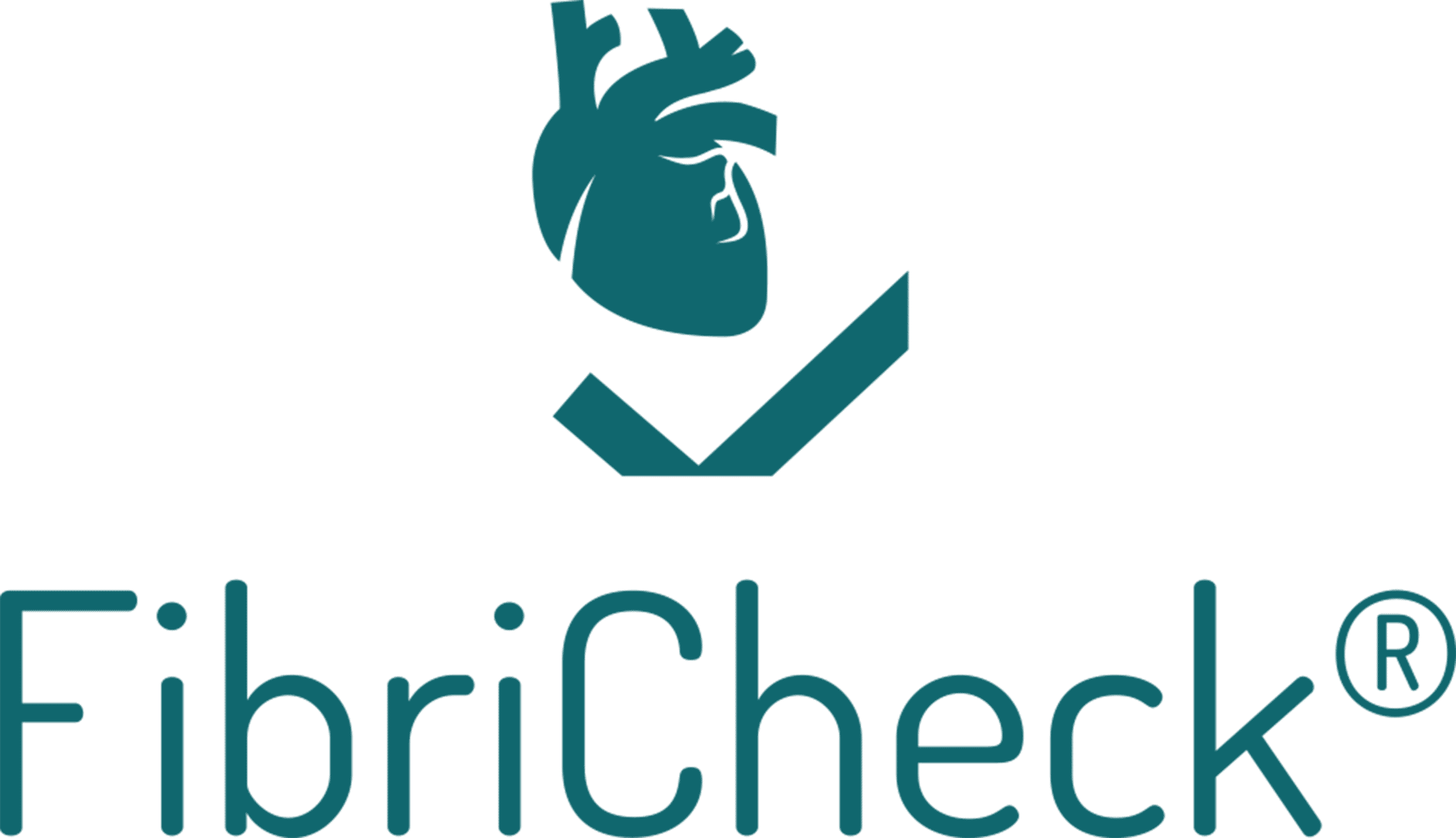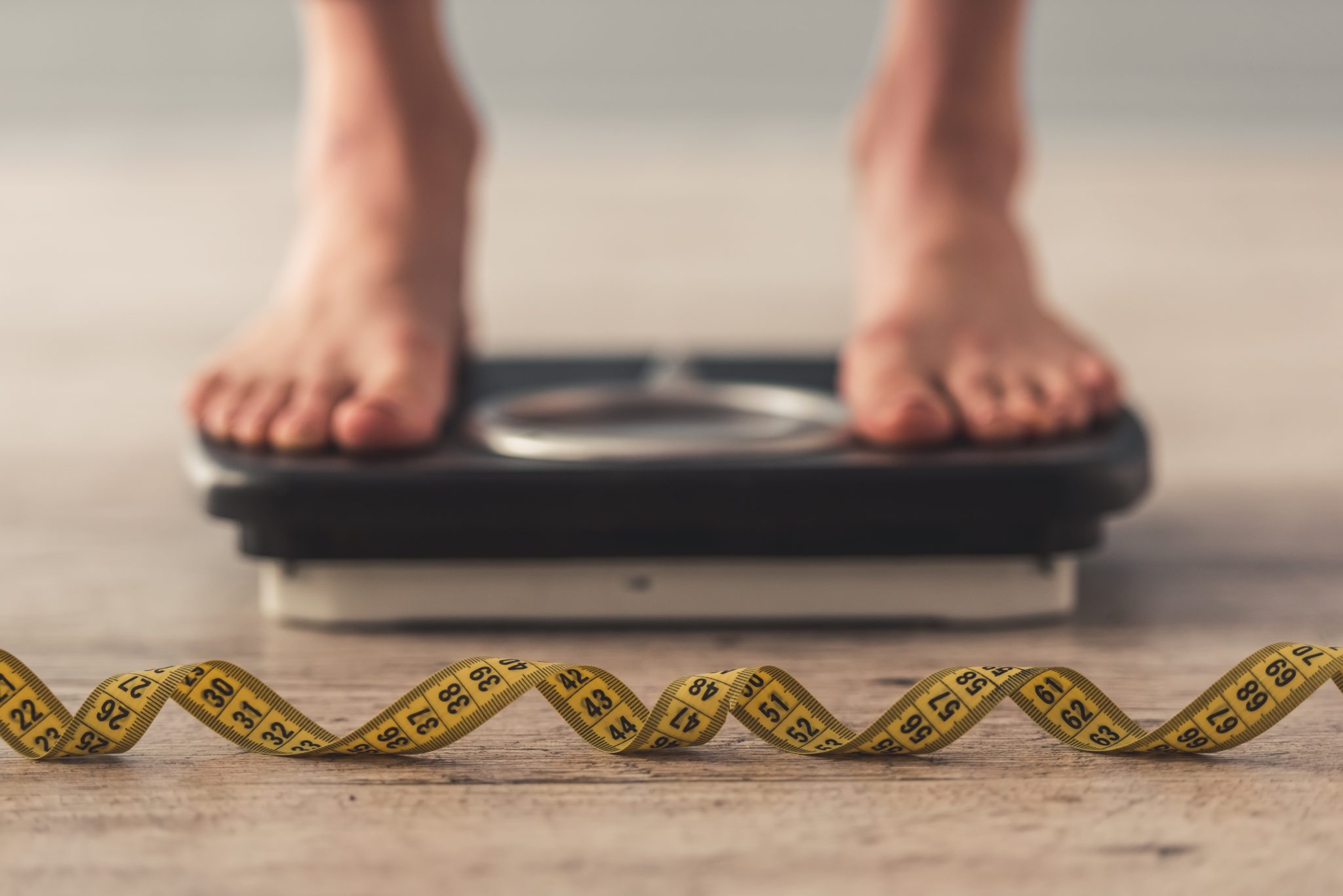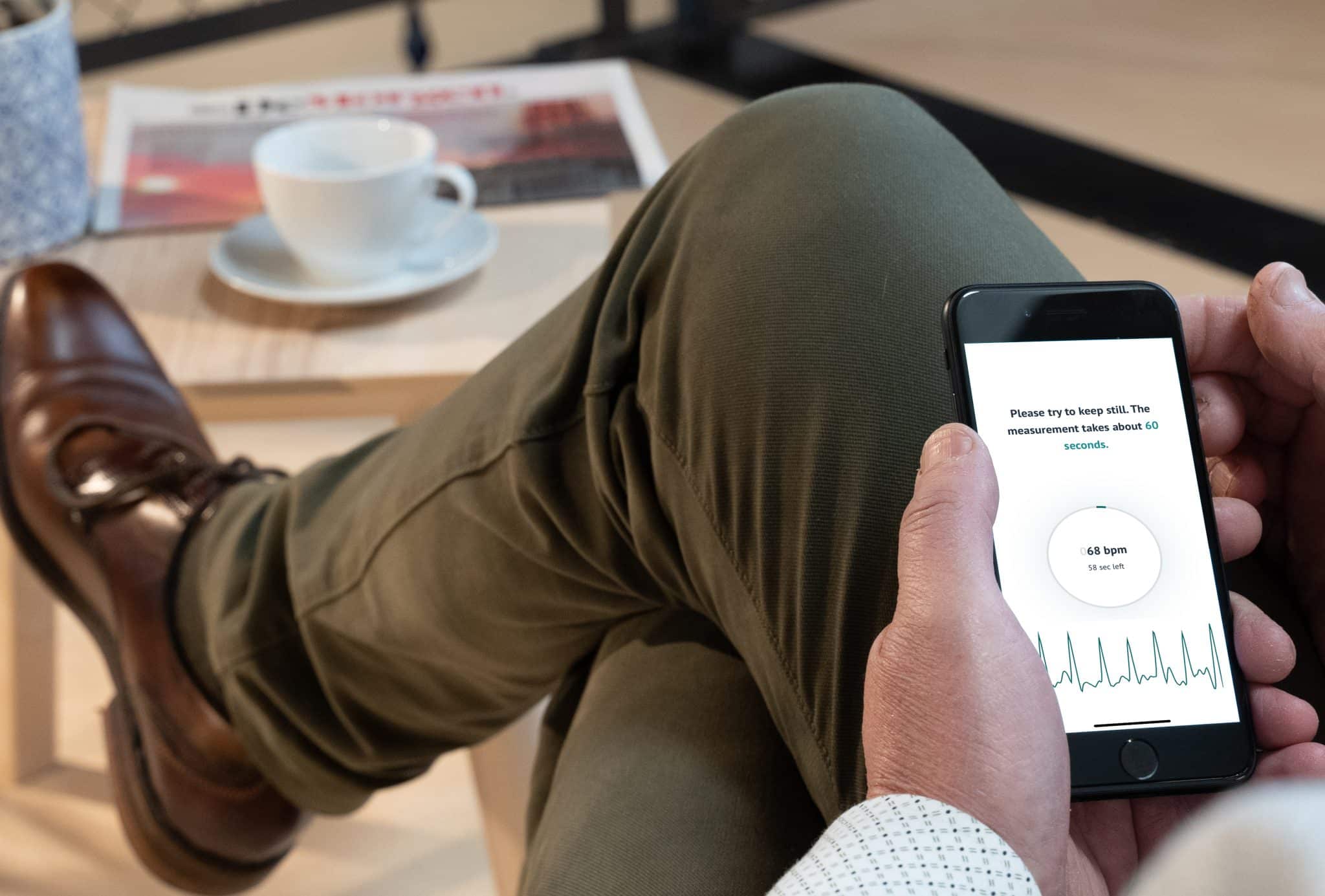We are sleeping badly. Even before corona hit, we did not manage to get the number of hours’ sleep our body needs – i.e. an average of 8 hours a night. Studies confirm that the never-ending pandemic is keeping us awake at night. This chronic sleep deprivation not only sabotages our daytime activities. It also puts considerable pressure on our body and our heart in particular. How does a good night’s sleep help to keep your heart healthy? The science offers a number of insights in this regard.
Short nights, short life?
I’ll sleep when I’m dead: short nights have long been considered cool. But scientific studies show that not getting enough sleep at night is very unwise. Literally. Chronic lack of sleep makes us woozy, forgetful, clumsy and irritable. We stop being alert, which makes driving a car just as dangerous as getting behind the wheel with a certain blood alcohol concentration.
Did you know that not sleeping for 17 hours on end has the same effect
as 0.5 per mil alcohol in your blood?
But the effects of lack of sleep go even deeper than that. It substantially increases the risk of high blood pressure, heart failure, strokes and even death. Cutting corners when it comes to sleep has a huge detrimental impact on your quality of life and your life expectancy. High time to make getting a good night’s sleep a matter of top priority.
How do you get a quality good night’s sleep?
Following the normal practical sleep advice works. A quality mattress will provide the right support. Having the bedroom properly aerated and not too warm also helps (+/- 18° C), as do curtains or screens that darken the room. Scrap coffee, tea (which also contains stimulating caffeine), alcohol and late snacks from the evening menu. But, above all, it is your daytime behaviour and habits that disrupt your sleeping pattern. Thankfully, there’s something you can do about that.
Insight 1: Stimulate your sleep hormone

As a result, your body clock is thrown off balance. Small wonder that new computer operating systems and popular apps are now introducing a dark night mode that gives off warm light. It helps. But the best solution is to simply banish all screens a few hours before you turn in for the night. Which means holding yourself back from quickly checking your messages or having an online chat.
It is also a good idea to switch off all other light sources. Draw the curtains and turn down big lights to allow your body to get into sleep mode.
One golden sleep tip: the reverse effect also holds true. Make sure you get enough light during the day. When you get up, throw the curtains wide open. Step outside to get some fresh air and soak up the daylight, even when working from home. This will help your body to wake up and make it feel more ‘tired’ when evening falls. Feeling wide awake in full-time day mode during the day makes switching to night-time mode that much easier when evening sets in.
Insight 2: Reduce your stress hormone
From as early as 5 in the morning your body starts producing cortisol, a stress hormone that will wake you up. And the second you step out of your bed, the rush of the day sets in. A quick bite for breakfast, busy busy busy on the job all day long, doing the shopping on the way home, getting some exercise, chatting and checking mails after work, … All of these activities quickly build up to exacerbate your stress levels. Which means you’ll be all worked up by the time you turn in. And then spend the next few hours tossing and turning or jolting awake in the middle of night, restless and unsettled.
What can you do about this? Gradually drive down your stress hormone during the day. Grab a relaxing break at regular intervals. And only plan quiet activities for your evening. Getting enough exercise helps your night’s rest, just don’t do it in the evening. Get some exercise in before breakfast or during your lunch break. Stop checking (work) mails after 6pm. Watch a relaxing film, read a good book, take a soothing bath.
Insight 3: Get some rhythm into your day
A healthy body with a regular heart rhythm needs regularity and consistency. Just consider how jet lag or the seasonal clock change from summer to winter time and vice versa can wreak havoc with your body. So apply structure to your day. Get up at the same time each day, including weekends and holidays. Eat, work, take breaks and get exercise at regular times. And make sure you are in bed on time. Your bed time is not flexible. Think of it as an appointment in your diary which you cannot afford to miss. The cost of not getting enough quality sleep is not one you want to pay.
Want to find out if your sleeping pattern is having an impact on your heart? Measure your heart rhythm at regular intervals. Ideally, do so in the evening before you turn in; and in the morning after you wake up, when your heart rate is at rest.
Created on March 19th, 2021 at 08:30 am
Last updated on January 10th, 2023 at 09:58 am





